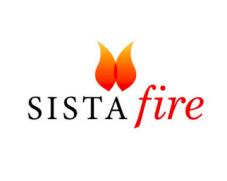The Women’s Fund of Rhode Island (WFRI) recently announced $50,000 in grant funding to five organizations.
WFRI was launched in 2001, and since then its WFRI Grant Program has awarded more than $700,000 to Rhode Island organizations and programs empowering women and girls. In the most recent cycle of funding, prospective grantees were asked to focus on one or more of WFRI’s 2019 advocacy priorities, which include disparities for Women of Color, economic justice and reproductive health and freedom.

Women and girls comprise 52 percent of Rhode Island’s population of roughly one million, and Women and Girls of Color represent 27 percent of all female Rhode Islanders. The WFRI report “Women of Color 2018: A Snapshot,” produced in conjunction with the Economic Progress Institute at Rhode Island College, reveals that as is the case in many other states, Rhode Island Women and Girls of Color have lower levels of education than their white counterparts, have greater difficulty paying for housing, and are more likely to live in poverty. Rhode Island Women of Color are employed at higher rates than Whites, yet are over-represented in lower wage jobs in health care and social assistance including child care workers, personal care aides and nursing assistants.
Read More








